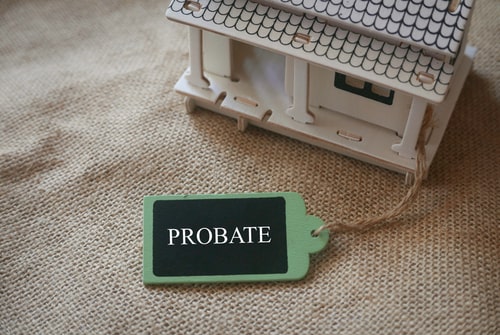Plano Real Estate Attorney: Transferring Real Estate Upon Death Without Probate in Illinois
 Plano Il Real Estate Transfer Lawyer
Plano Il Real Estate Transfer Lawyer
After the owner's death, the real estate transfer involves legal aspects, including estate planning and probate law. With the COVID-19 pandemic, there has been an increased awareness of estate planning and the importance of managing real estate. In addition, baby boomers, born after World War II, and their children prepare to pass their assets and wealth to the next generation. Therefore, wealth transfer from generation to generation is a significant legal issue.
However, many baby boomers and their families are unprepared to transfer their assets after death. Illinois has eight types of property ownership: sole property ownership, tenancy by the entirety, joint tenants, tenants in typical, private land trusts, business entity transfer, revocable living trusts, and unprobated estates.
Sole Property Ownership
Sole property ownership refers to when one person holds the legal right to the real estate. This may include married couples who own property solely in one name, widows or widowers whose spouse has passed away, or unmarried individuals or couples.
Tenancy by the Entirety
Tenants by the entirety, pertain to primary or homestead real estate owned jointly by two spouses with the right of survivorship. Tenancy by the entirety, is only limited to married couples. Tenants by the entirety, mean that upon the death of one spouse, the real estate passes smoothly to the surviving spouse. This type of ownership offers additional asset protection benefits, which can protect real estate from lawsuits and unwanted judgments.
Joint Tenants
Joint tenants are two or more individuals jointly owning real estate with the same title interest. They have the right of survivorship, and the real estate is passed on to the surviving co-owners upon the death of one of the owners.
Tenants in Common
Tenants in common refer to co-owners with the right to distribute their share of the property without the right of survivorship. This type of ownership is common in property cases, and the real estate does not automatically transfers to the co-owners. "Tenants in Common" owners each hold distinct property ownership interests, which can be conveyed, sold, or encumbered. Upon the death of one co-owner, the deceased share of land must be transferred through a will, trust, or intestacy laws of the State of Illinois. Intestacy statutes in Illinois will govern when no beneficiary is designated upon one co-owner of property resulting in death. Furthermore, tenants in common may be partitioned or encumbered, such as having a lien or judgment placed upon the entire property.
Private Land Trust
A private land trust is a type of trust that holds legal title to a property, and the actual owners are the beneficial owners of the property. With a Private Land Trust, the beneficial owners of the property hold an equitable interest. An equitable interest in real estate refers to an interest in a property that gives the holder the right to use and benefit from the property. The equitable interest holder does not hold the legal title or ownership of the property. Instead, equitable interest means the holder has certain rights, such as the right to receive income or profits from the property. The equitable interest holder also has no right to sell or transfer property.
It should be noted that the purpose of the land trust is asset protection. The equitable interest owner has the right to inform the legal title holder that they desire to refinance or sell the property. Therefore, the equitable interest holder has a "quasi-legal interest" because they can direct the legal title holder to do as they desire. The trust agreement describes the succession ownership and trustee's identity, who administers the property consistent with Illinois law.
LLC or Business Entity Transfer
A business entity transfer is a real estate transfer from a corporation or limited liability company (or other business entity) to another entity. A business entity is separate and distinct from a person or family. The role of the business entity transfer is often to provide limited liability protection in case of a lawsuit or claim. Overall, it is essential to be aware of the types of property interests because, depending on the type of property interest transferred, each kind of property interest result in strengths and weaknesses.
Yorkville Real Estate Transfer and Estate Planning Attorneys
In summary, Peace of Mind Asset Protection, LLC is a Gateville Law Firm division concentrating on estate planning and probate law. We are uniquely trained in real estate, estate planning, and probate law. Our real estate division makes us qualified to assist people with property transfers and sale transactions that result from a death of a loved one. The area of law is complicated and beyond the scope of expertise and experience of most real estate and estate planning attorneys. Generally, real estate lawyers understand real estate law, and estate planning attorneys are experienced in estate planning transactions. However, a gap exists between real estate and estate planning law. This gap is an area in which Peace of Mind Asset Protection, LLC specializes. Contact one of our lawyers today at 630-882-2467 to assist you.
Questions?
Contact Us Today
Call 630-780-1034 or fill out the form below to set up a free consultation today:
The use of the Internet or this form for communication with the firm or any individual member of the firm does not establish an attorney-client relationship. Confidential or time-sensitive information should not be sent through this form.
I have read and understand the Disclaimer and Privacy Policy.















